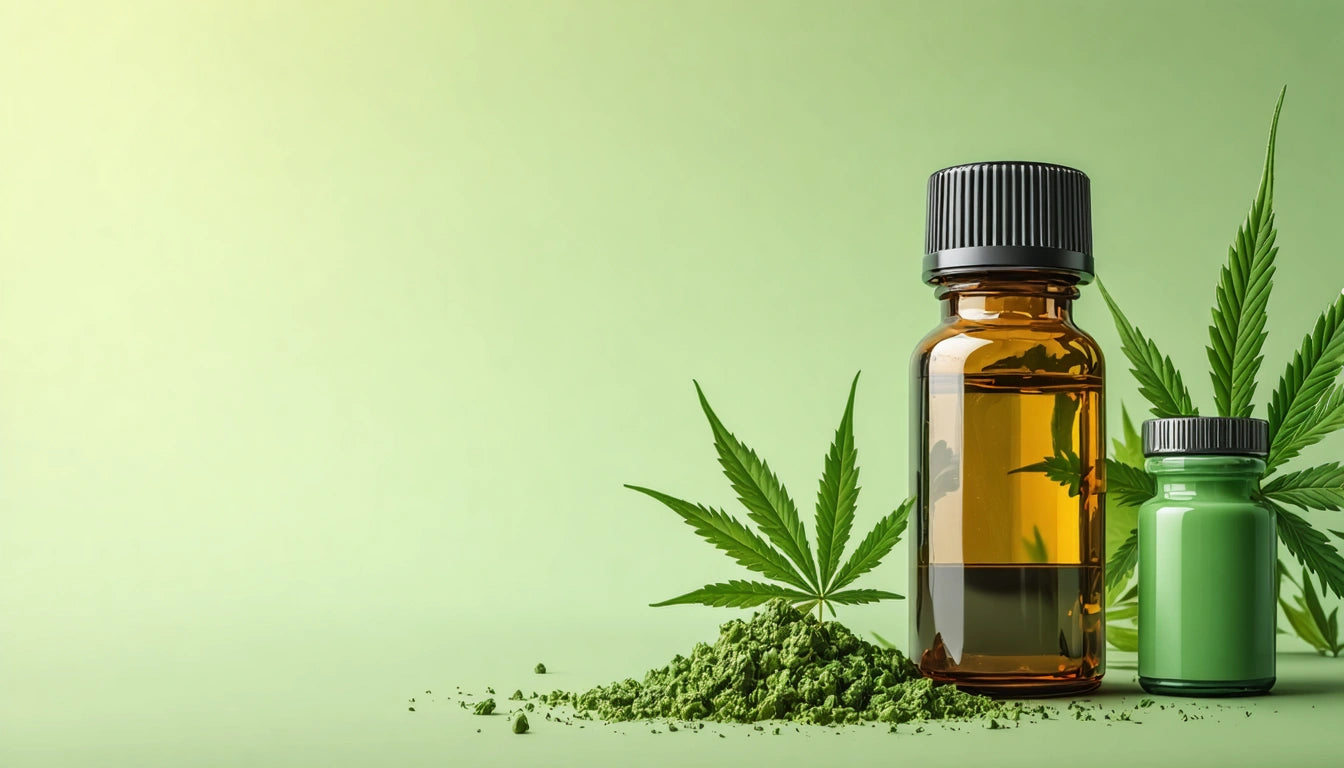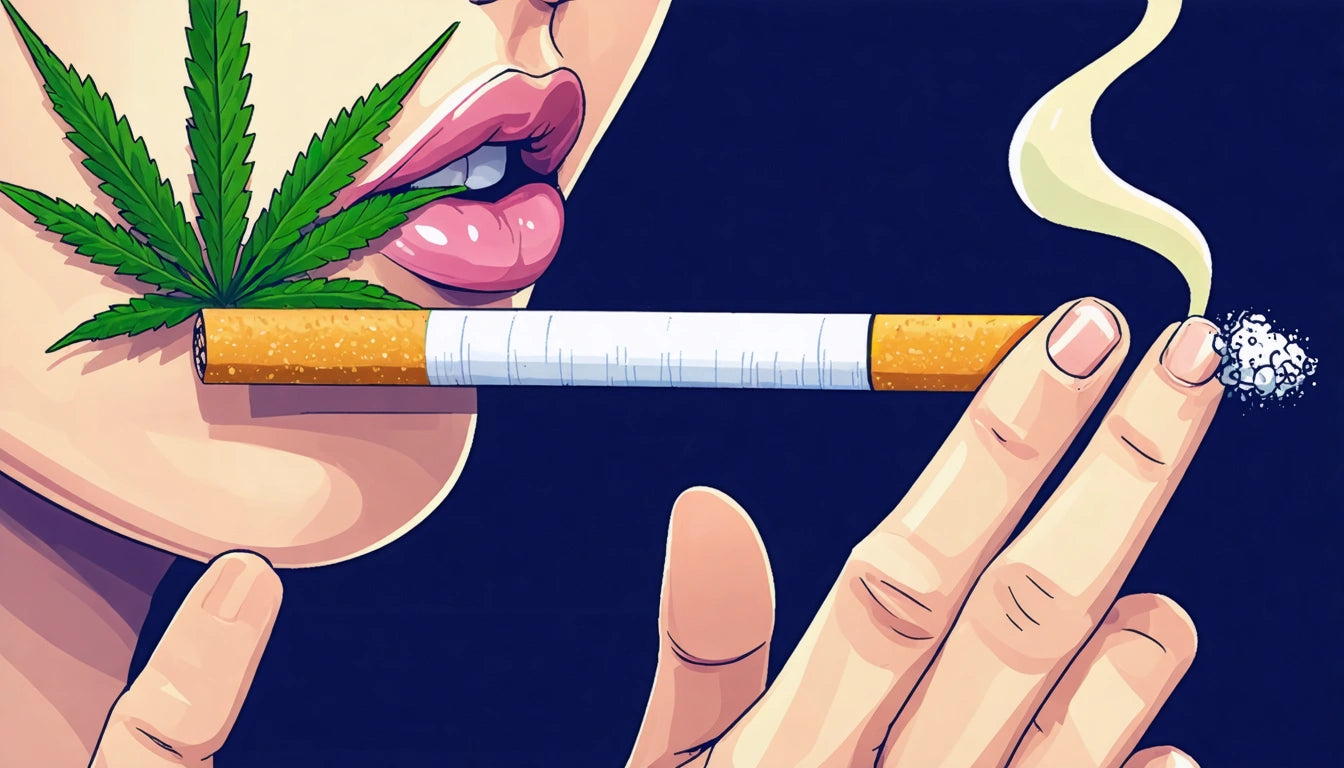Table of Contents
- Understanding Marijuana Overdose: Facts vs. Myths
- THC Consumption Effects: What Happens in Your Body
- Edibles-Specific Risks: Why They're Different
- Symptoms of Overconsumption: Recognizing the Signs
- Risk Reduction Strategies: Safer Consumption Practices
- Medical Considerations: When to Seek Help
- Responsible Cannabis Future: Education and Safety Standards
Can You Overdose on Marijuana or Cannabis Edibles?
Cannabis consumption has increased dramatically as legalization spreads across states and countries. With this rise comes important questions about safety, particularly whether you can overdose on marijuana, pot, or cannabis edibles. Understanding the facts about cannabis overconsumption is essential for both new and experienced users.
Understanding Marijuana Overdose: Facts vs. Myths
The term "overdose" typically refers to consuming a lethal or severely harmful amount of a substance. When asking if you can OD on pot, it's important to distinguish between a fatal overdose and severe discomfort from overconsumption.
According to the National Institute on Drug Abuse, there are no confirmed cases of death solely from marijuana overdose. This is because cannabinoid receptors, unlike opioid receptors, are not located in the brainstem areas controlling respiration. As this detailed analysis explains, the amount of cannabis theoretically needed to cause death would be practically impossible to consume.
However, this doesn't mean cannabis consumption is without risks. Non-fatal adverse reactions can be severe and frightening, particularly with high-potency products or edibles.
THC Consumption Effects: What Happens in Your Body
When cannabis enters your system, THC (tetrahydrocannabinol) binds to cannabinoid receptors throughout your body, affecting your brain, nervous system, and other organs. Different consumption methods result in varying onset times and intensity:
- Smoking or vaping: Effects typically begin within minutes and peak within 30 minutes
- Edibles: Effects may take 30 minutes to 2 hours to begin and can last 6-8 hours
- Concentrates: Can deliver extremely high doses of THC with rapid onset
The body processes THC through the liver, converting it to 11-hydroxy-THC, which can produce stronger psychoactive effects, especially with edibles. This metabolic pathway partially explains why edibles can feel more intense than smoking.
Edibles-Specific Risks: Why They're Different
When people ask, "can you OD on edibles?" they're often referring to the particularly intense experiences that can come from oral cannabis consumption. Edibles present unique risks for several reasons:
First, the delayed onset can lead to overconsumption. Users may not feel effects immediately and consume more, resulting in an eventually overwhelming experience. Second, as mentioned above, the liver converts THC to 11-hydroxy-THC, creating more potent effects.
Additionally, edible products can have inconsistent distribution of THC, and proper childproof packaging solutions for cannabis products are essential to prevent accidental ingestion by children or pets, which represents a more serious health concern.
According to this risk assessment, emergency room visits related to cannabis have increased in states after legalization, with edibles disproportionately represented in these cases.
Symptoms of Overconsumption: Recognizing the Signs
While you cannot fatally OD on marijuana in the traditional sense, consuming too much can result in highly unpleasant symptoms, sometimes called "greening out." These may include:
- Extreme anxiety or panic
- Paranoia or fear
- Rapid heart rate
- Increased blood pressure
- Nausea or vomiting
- Disorientation or confusion
- Hallucinations or delusions (at very high doses)
- Severe sedation
In rare cases, cannabis consumption has been associated with cannabinoid hyperemesis syndrome, characterized by severe cyclic vomiting. This condition appears to be related to long-term, heavy use rather than a single instance of overconsumption.
Risk Reduction Strategies: Safer Consumption Practices
To reduce the risk of adverse reactions when consuming cannabis:
- Start with low doses, especially with edibles (5mg THC or less for beginners)
- Wait at least 2 hours before consuming more edibles
- Be aware of product potency, particularly with concentrates
- Avoid mixing cannabis with alcohol or other substances
- Consider the ratio of THC to CBD, as CBD may moderate some THC effects
- Create a comfortable, safe environment for consumption
- Have a sober friend present when trying new products or higher doses
Understanding cannabis consumption methods thoroughly before use can significantly reduce risks of negative experiences.
Medical Considerations: When to Seek Help
While most cannabis overconsumption cases resolve without medical intervention, certain situations warrant seeking help:
- Severe vomiting that prevents hydration
- Symptoms of psychosis or extreme paranoia
- Thoughts of self-harm
- Chest pain or difficulty breathing
- Loss of consciousness
- Accidental consumption by children
Medical professionals typically provide supportive care, managing symptoms until the effects subside. In some cases, anti-anxiety medications may be administered to reduce severe psychological distress.
Responsible Cannabis Future: Education and Safety Standards
As cannabis becomes more mainstream, both industry and consumers have roles in promoting safety. Proper education about potency, dosing, and consumption methods is essential. The cannabis industry continues to develop better labeling, standardized dosing, and child-resistant packaging to minimize risks.
Regulatory frameworks are also evolving to address public health concerns while allowing adult access. These include potency limits for certain products, mandatory waiting periods between dispensary purchases, and requirements for warning labels.
Understanding that while you cannot fatally OD on marijuana, respecting its potency and potential for adverse effects is key to responsible use. With proper education and precautions, most negative experiences can be avoided, allowing consumers to make informed choices about cannabis consumption.











Leave a comment
All comments are moderated before being published.
This site is protected by hCaptcha and the hCaptcha Privacy Policy and Terms of Service apply.